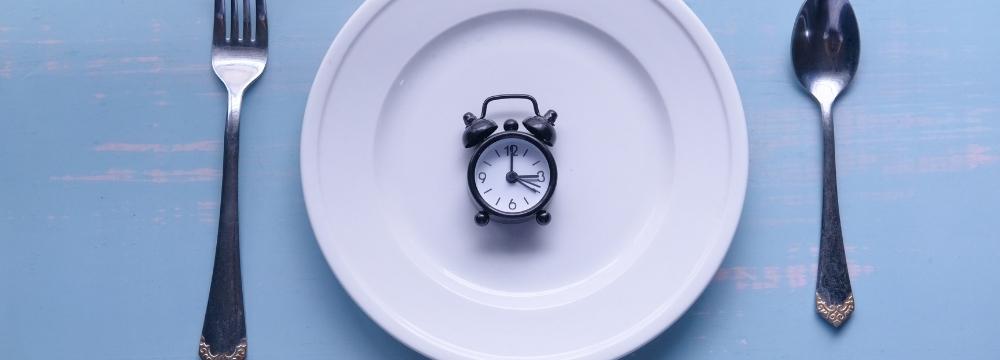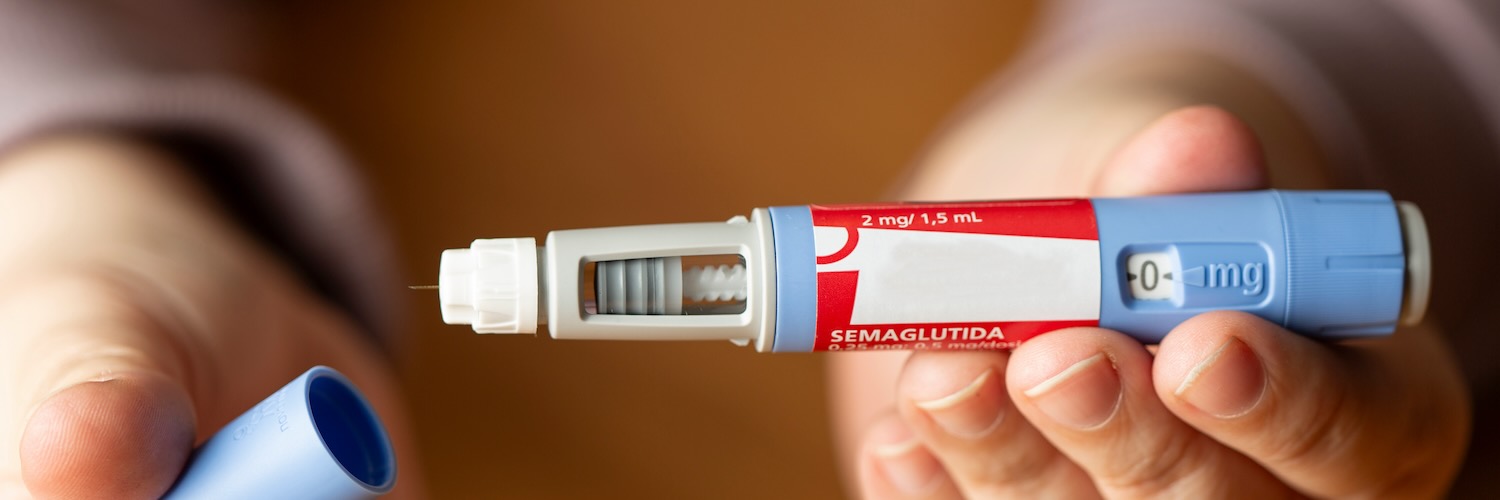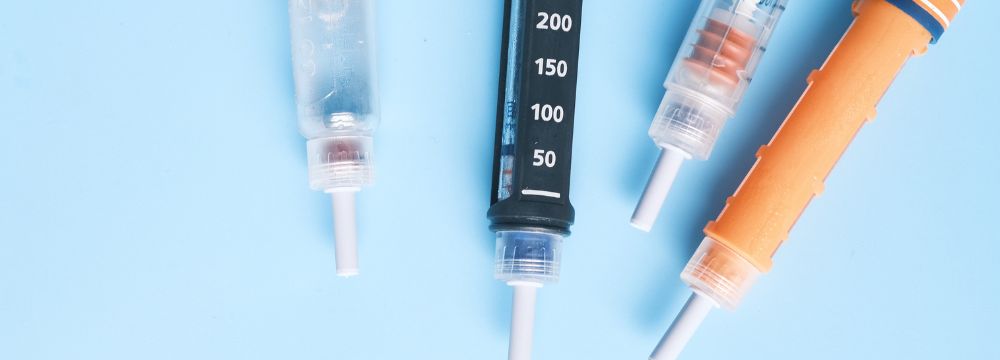Weight Loss

You may be coming off a failed diet and feeling frustration and despair as you read this. You may feel very alone now, but you should also know that millions of people are in the same position. Losing weight is not easy and doing so without help is even more challenging. We are often taught that the key to weight loss is a deficit of 3500 calories at a time (equal to the loss of a single pound). However, sometimes it feels like you’ve restricted so many more calories than that, yet the number of pounds lost has not kept up. Well, there is a reason for that, and it is called metabolic adaptability.
Recent studies have shown that your metabolism may not slow until about 60. However, just like it does each day, as you eat and exercise, it adapts. And this is one of the reasons why losing weight without a catalyst like bariatric surgery is so difficult.
First, the required caloric intake for your body is not fixed. Yes, we are told that 2,000 calories, give or take, is how much the typical adult needs daily, but that can vary anywhere from 1,600 to 2,500 depending on your physical characteristics. Would someone with a slight frame and lesser musculature possibly have the exact caloric needs as a larger, muscle-bound bodybuilder? The answer is a resounding “no.” Remember how Michael Phelps consumed 8,000 to 10,000 calories daily during the Olympics?
This concept of adaptability also applies to patients losing weight. As you become smaller, your body requires fewer calories to maintain that new weight. In other words, to remain in a deficit, you must continue cutting calories as you lose weight. This is not something you can easily calculate off the top of your head, so it is essential to consult your aftercare team and use calculators that you can find online. These calculators can estimate how much you should consume based on weight, height, age, and activity level.
While we typically think of metabolic adaptability on the calorie consumption end, we also must consider how calories are burned. You must get your appropriate nutrition, especially protein. It is also important to remember that when you significantly restrict calories, it’s not always the fats in your body that are being burned. You may lose weight, but it may also result from water loss and muscle wasting. So, remember, bariatric surgery or not, you need to keep your muscles active during the weight loss process.
There are a few ways to keep your weight loss going consistently:
- Make sure you’re consuming the right amount of protein
- Maintain a regular exercise program, including strength training, according to your post-op instructions
- Regularly evaluate your caloric needs and adjust as necessary
- Vary your diet and exercise habits
- Follow a sustainable diet (not too restrictive)
- Don’t try to lose more than 2 lbs. per week; your body may adapt and slow your weight loss. We emphasize “try” here because some patients will lose significantly more weight in the first several months after bariatric surgery, which is OK if they follow their post-op diet and exercise program.
Ultimately, weight loss is a delicate balance. Bariatric surgery or not, understanding metabolism can help us lose weight consistently and safely to reach our goals.






